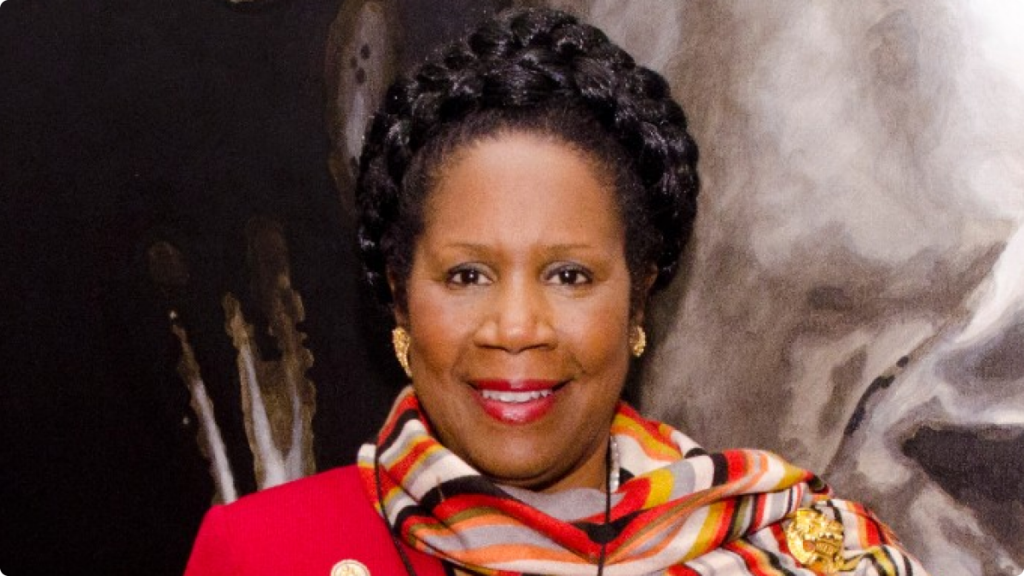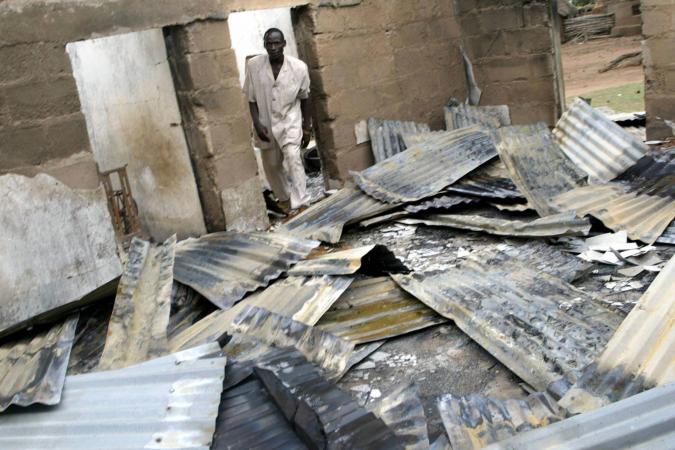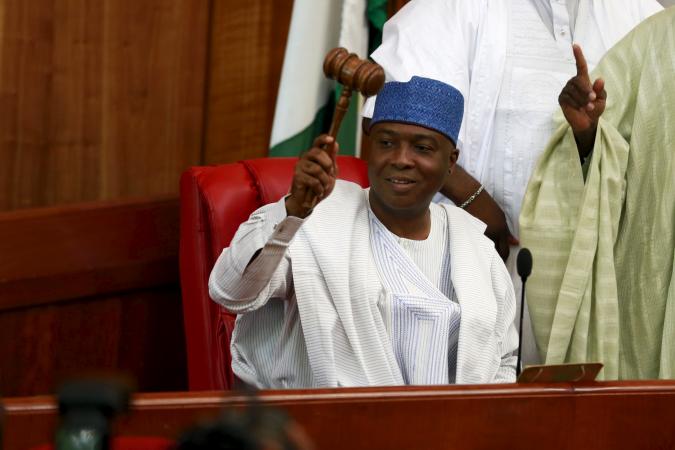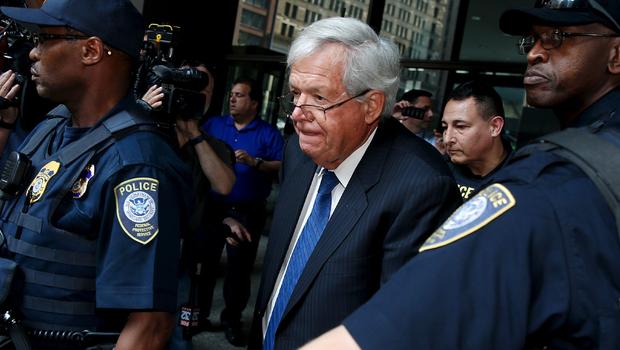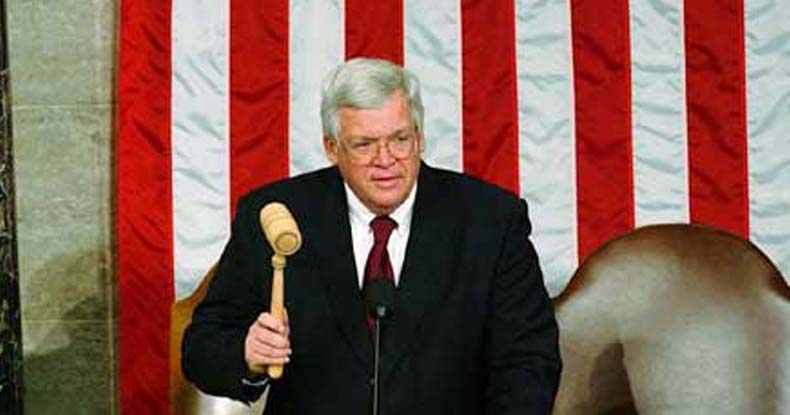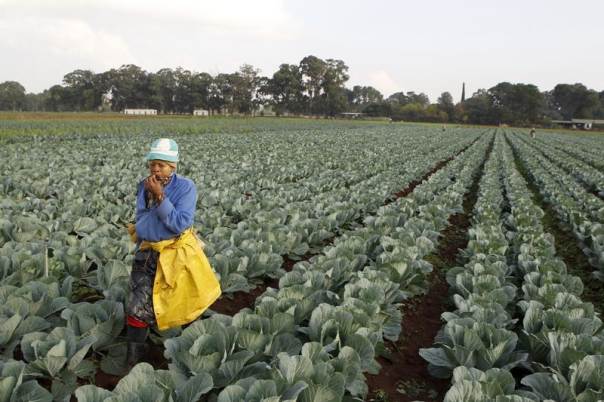
LONDON, (Thomson Reuters Foundation) – South Africans whose land was confiscated under racist laws in the apartheid era have lodged more than 27,000 legal claims at “mobile land claims offices” housed in buses and four-wheel-drive trucks, a land rights commission said.
Six specially adapted vehicles have travelled between remote rural communities since April 2015, reaching more than 100,000 households, according to the Commission on the Restitution of Land Rights, which operates them.
They are part of an initiative to contact victims of racially motivated land dispossession and help them claim back their land.
Under the previous Union and apartheid white-minority governments, segregationist laws severely restricted the right of black South Africans to own land and forced millions onto reservations.
Alfred Msibi, 97, and Maria Sibisi, 79, from northeastern Mpumalanga Province, told Commission officials they hoped the use of mobile offices would speed up access to compensation for their historical claims.
“We have had no peace since the day we were dispossessed of our ancestral land,” a Commission statement quoted them as saying.
The Restitution of Land Rights Bill, aimed at restoring land to those who had it taken from them during the apartheid era, was among the first laws passed by the country’s first democratic government in November 1994.
But many people failed to claim their land in the initial period from 1995 to 1998, and President Jacob Zuma re-opened their right to make claims when he signed the Restitution of Land Rights Amendment Act on June 30, 2014.
Nomfundo Ntloko-Gobodo, Chief Land Claims Commissioner, said the decision was made to re-open claims because many families had not been aware that they qualified for the process, the commission statement said.
It quoted him as saying he was confident the mobile offices would enable farmers to reclaim their land by the 2019 deadline.
LAND CLAIM VEHICLES ON TOUR
The vehicles contain electronic equipment to register claims on site, and have toured sparsely populated areas of northeastern Limpopo province and towns in desert regions of Northern Cape province.
The initiative aimed to contact rural people who could not reach the 14 fixed-location offices, which are mostly in urban centres.
Staff are registering claims for South Africans who were dispossessed of land after June 19, 1913 – when the notorious “Natives Land Act” came into force. The Act prevented black South Africans from owning land outside designated reservations which amounted to just 7 percent of agricultural land, though black South Africans formed 67 percent of the population.
Under the Act and subsequent legislation, more than 3 million people were forcibly relocated to black townships and “Bantustan” homelands.
Land remains a highly emotive issue in South Africa, where 300 years of colonial rule and white-minority government left the vast majority of farmland in the hands of a tiny, mainly white, minority.
The 1996 constitution places a duty on the government to ensure equitable land distribution and address the consequences of the 1913 Act.
In 1996, two years after the end of apartheid, 90 percent of all agricultural land was owned or leased by just 60,000 white commercial farmers, according to government figures.
The National Development Plan set a target of transferring 20 percent of agricultural land to black South Africans by 2030. Between 1994 and 2014, the state handed 7.5 million hectares to black farmers, 46 percent of this target, according to official figures.
(Reporting by Matthew Ponsford, editing by Tim Pearce. Please credit the Thomson Reuters Foundation, the charitable arm of Thomson Reuters, that covers humanitarian news, women’s rights, traficking, property rights and climate change. Visit http://news.trust.org)

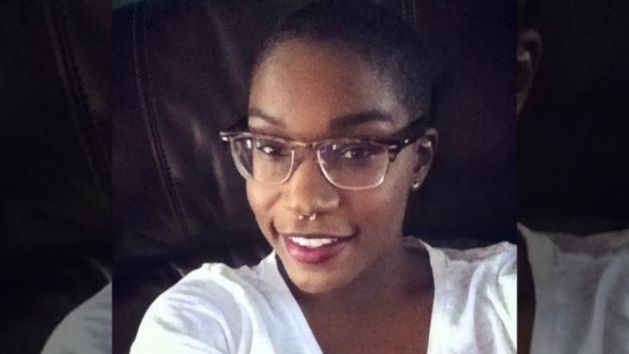
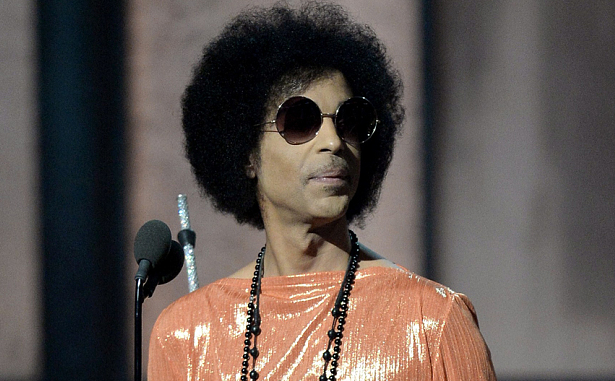
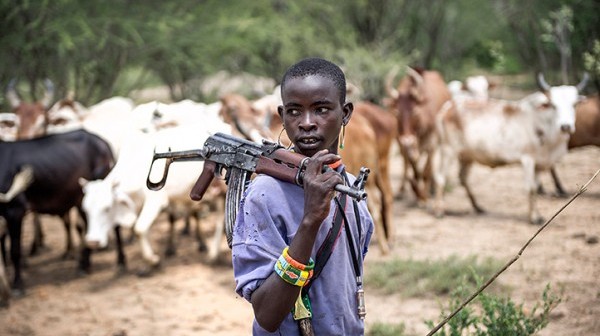
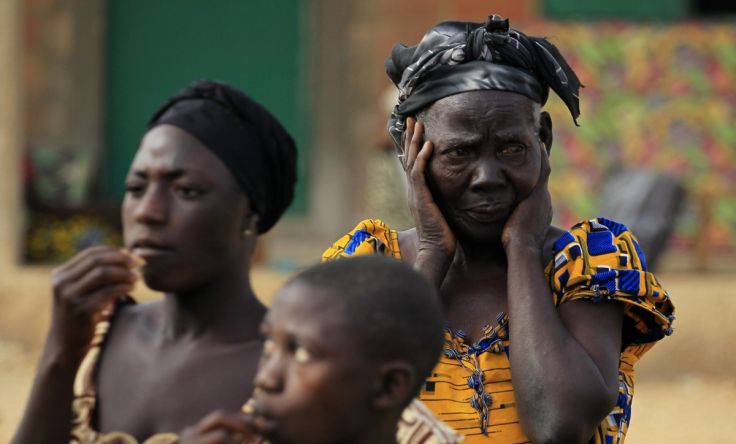
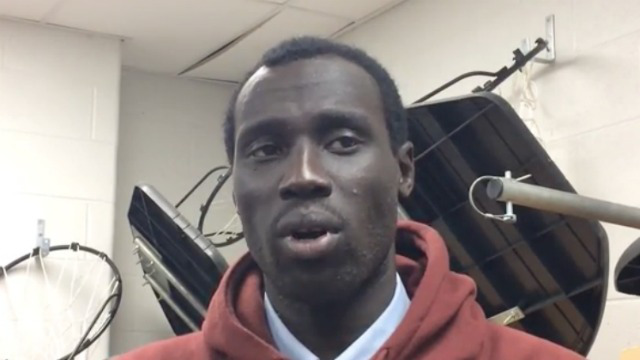
![A number of officials called for the European Union to help with the influx of immigrants [Reuters]](https://www.guardiannewsusa.com/wp-content/uploads/2016/04/immigrant-in-italy-3.jpg)
